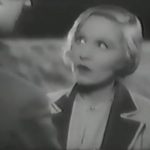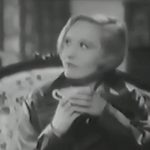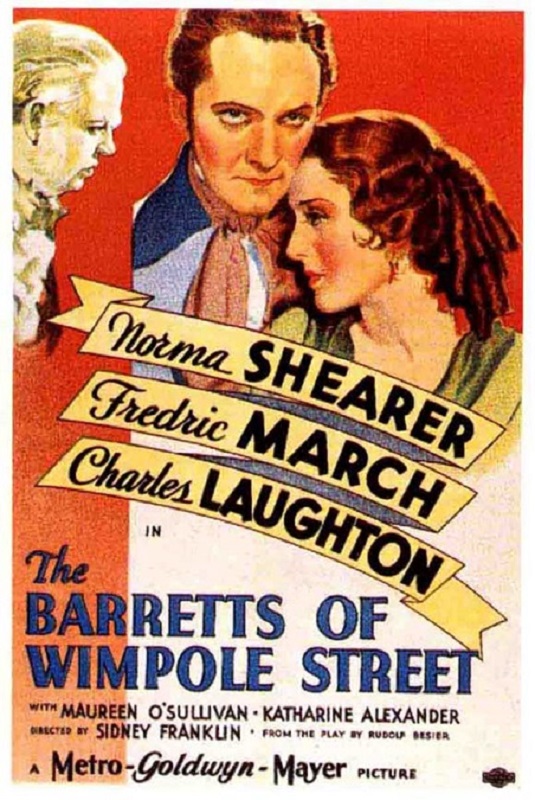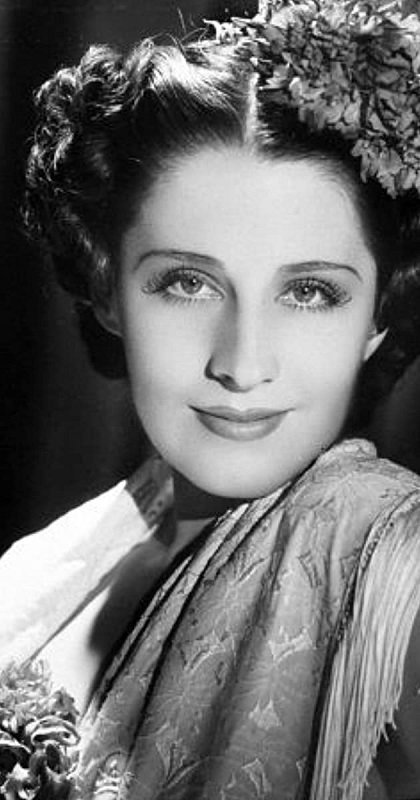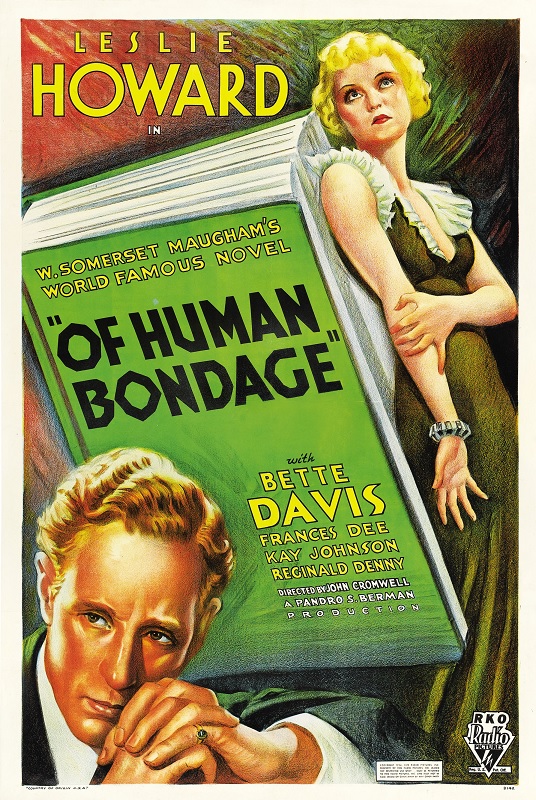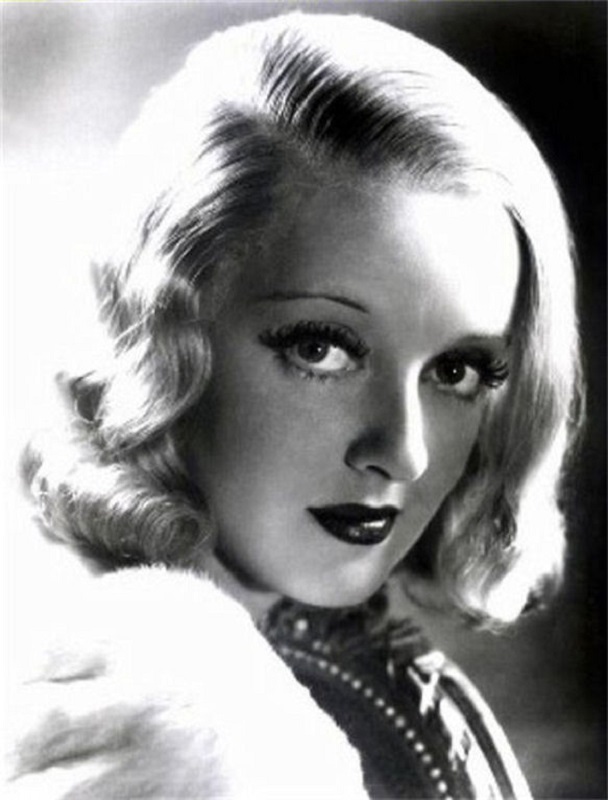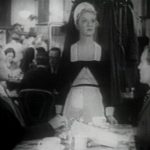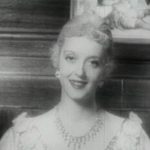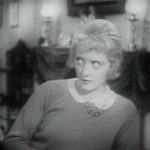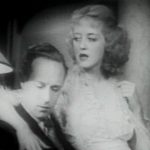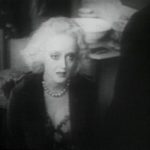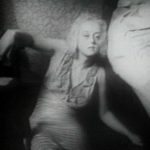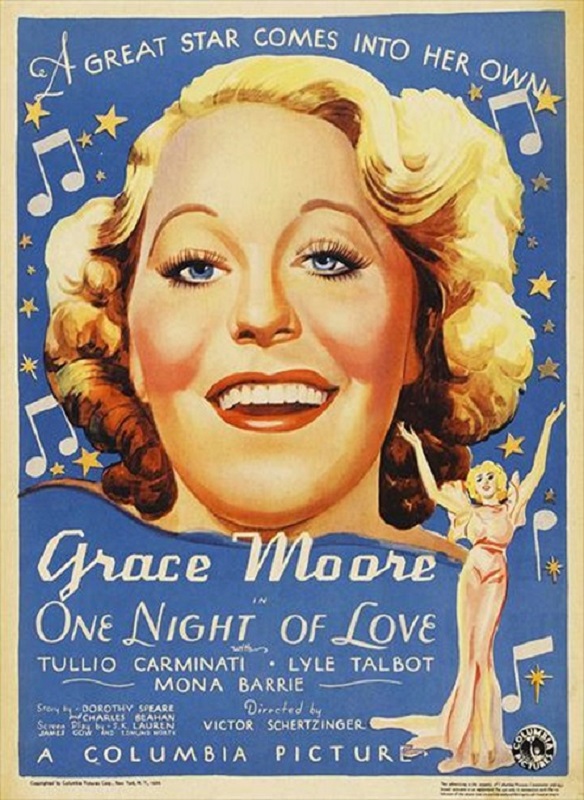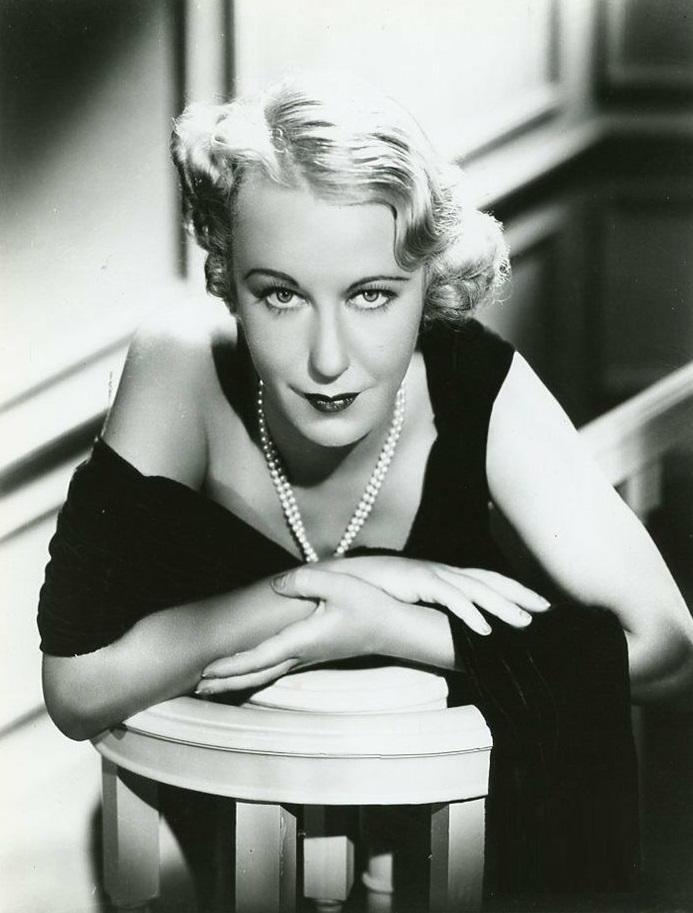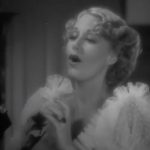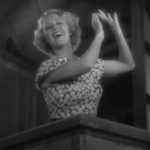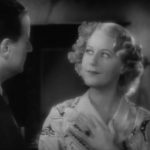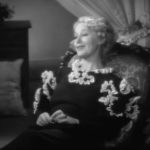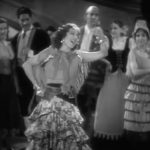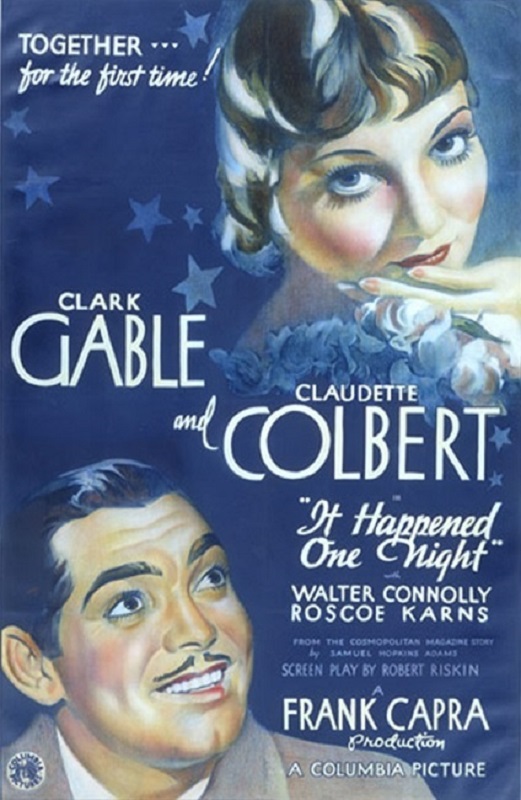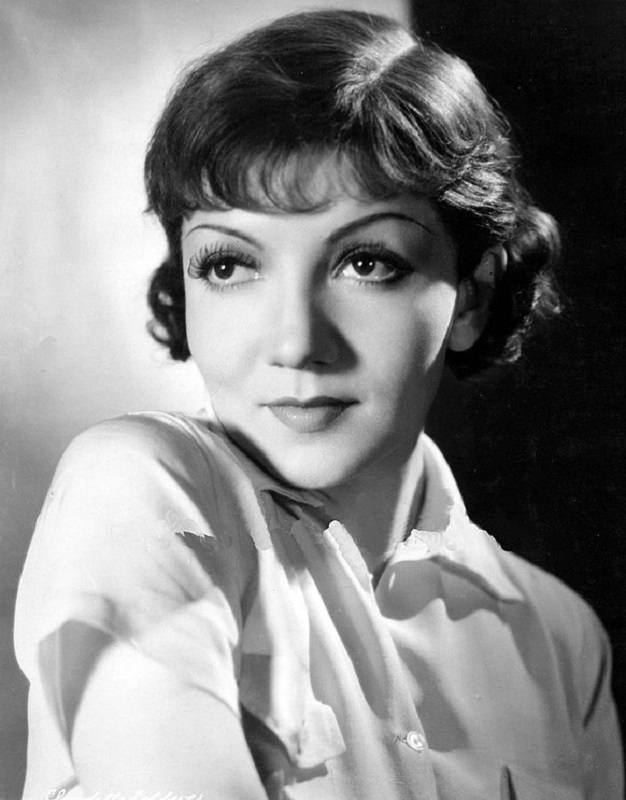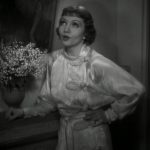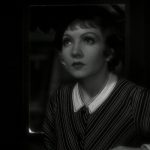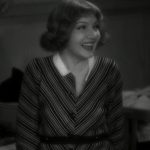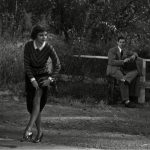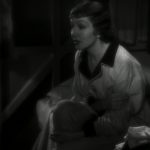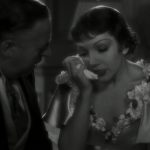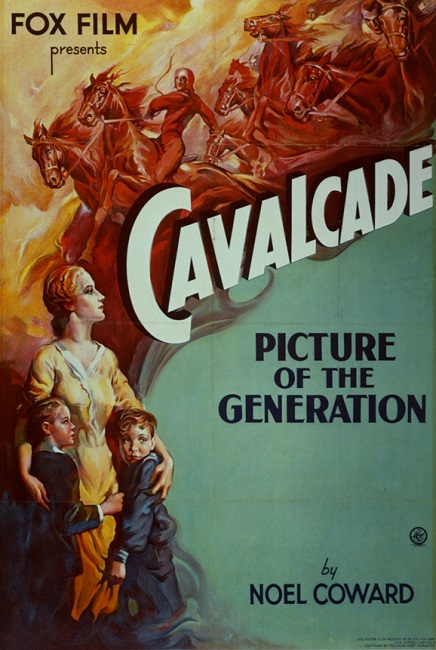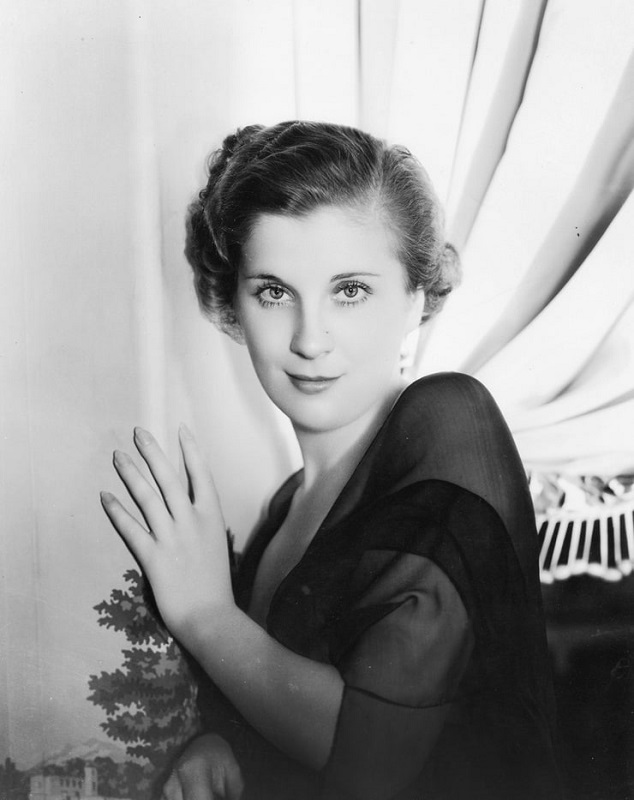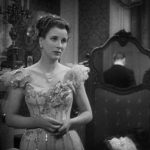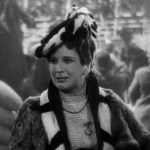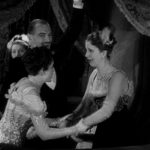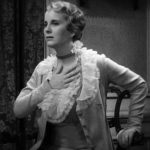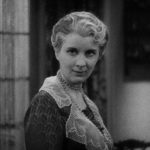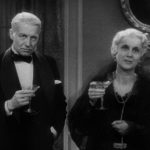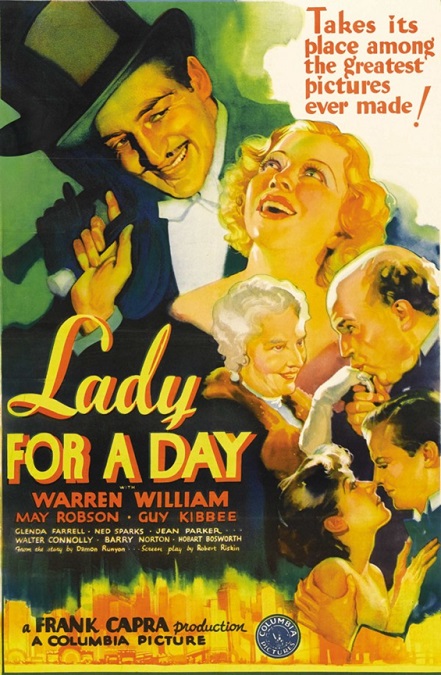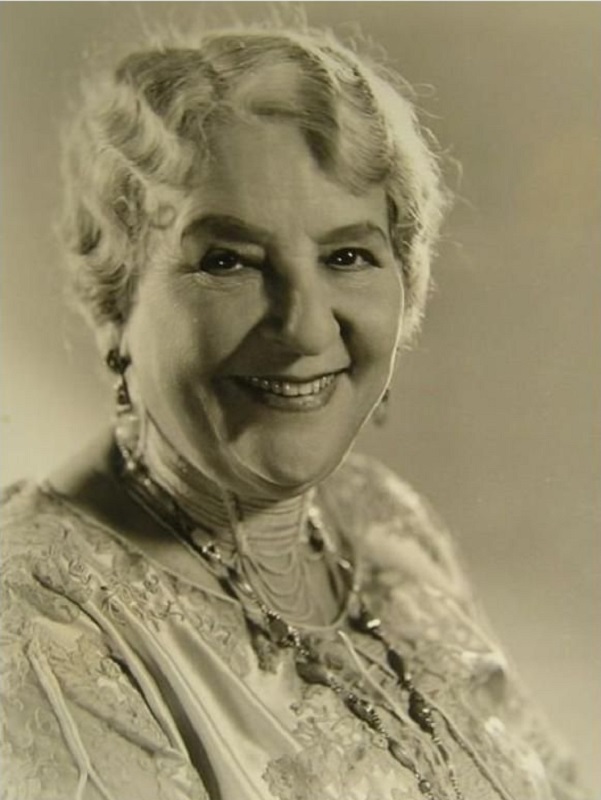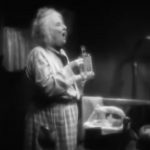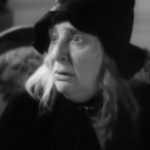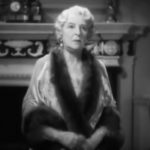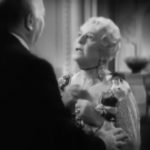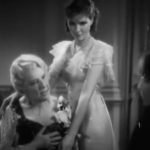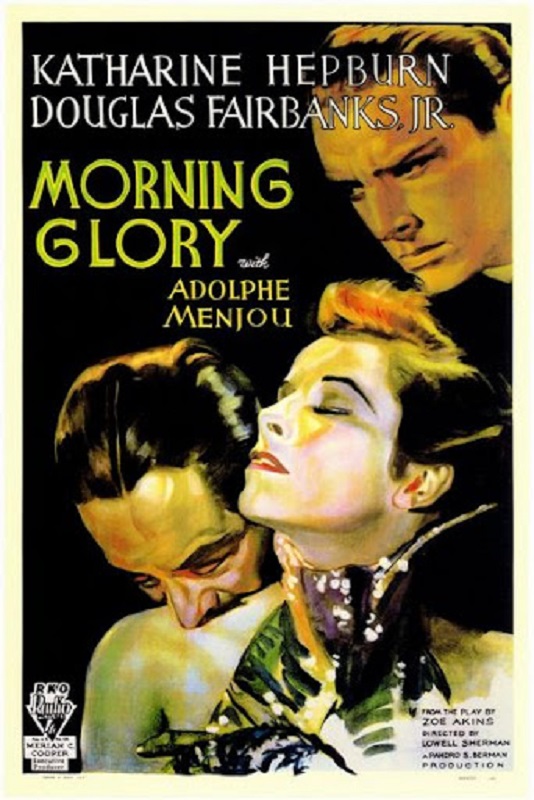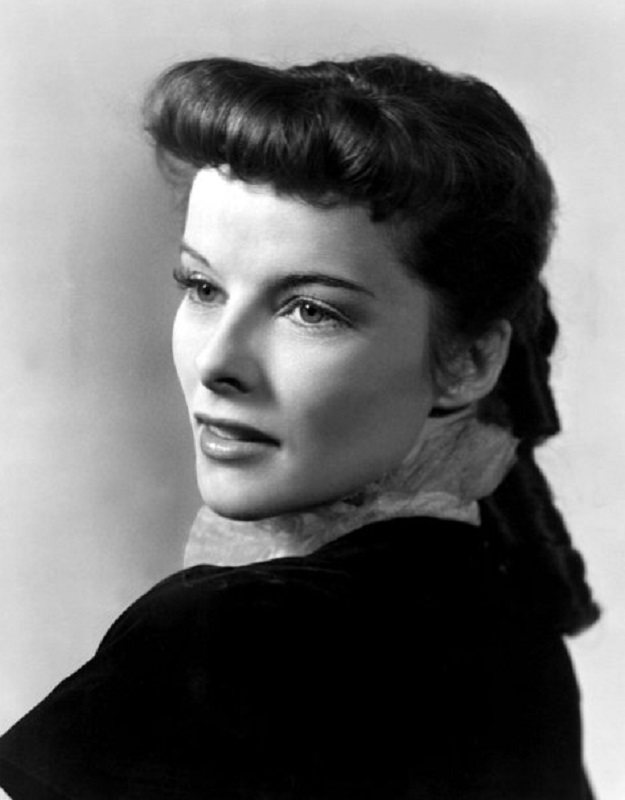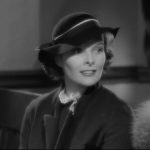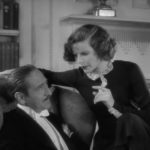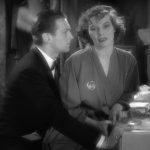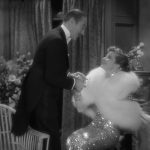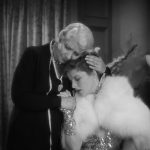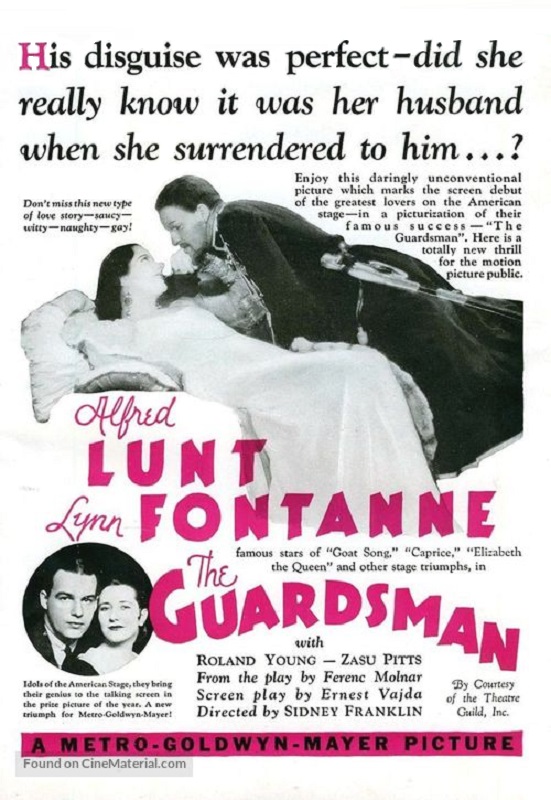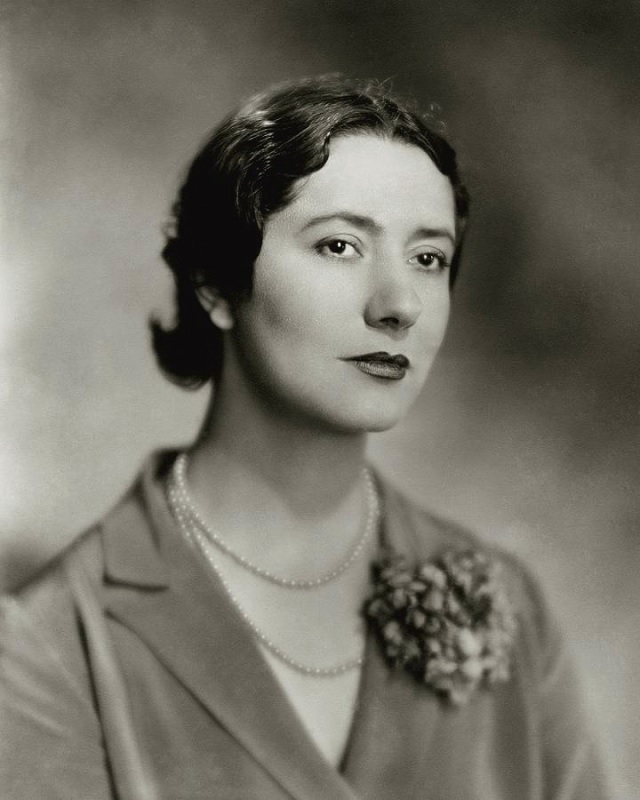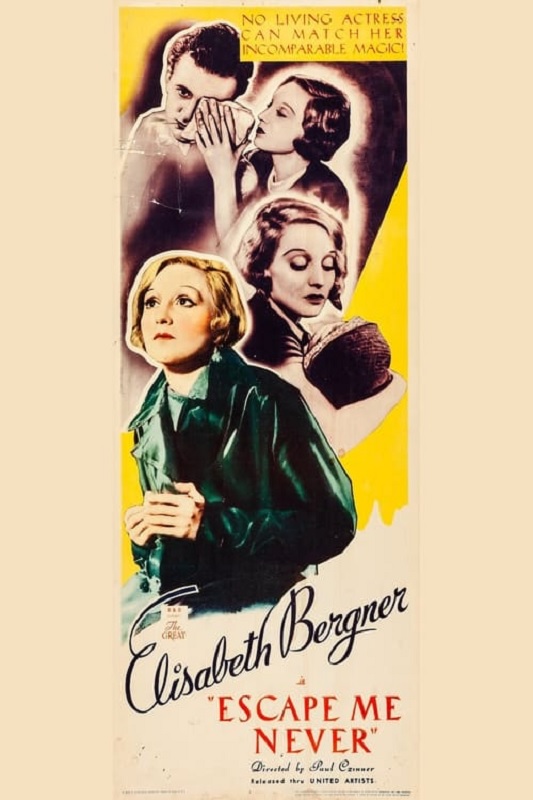
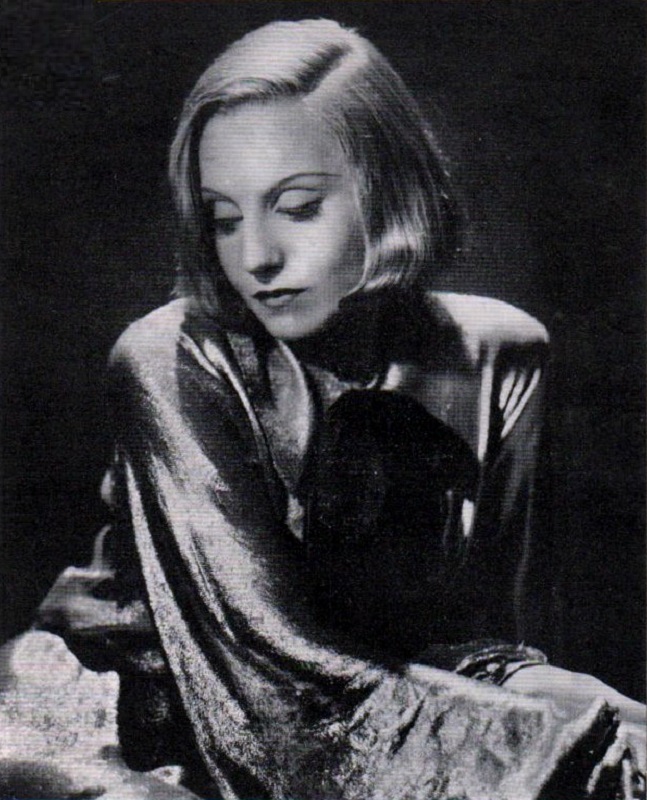

1935 – Elisabeth Bergner
Escape Me Never
I am really unsure about this nomination. My opinion keeps going back and forth. Did Elisabeth Bergner do a good job, or did she not? Did I like the portrayal, or did I not? Honestly, I’m not certain. On the one hand, she played the part of Gemma Jones, a poor girl with a baby trying to survive on the streets by lying and stealing food, with a frailty that seemed to lend itself to the character. But on the other hand, when the character became stronger, she never lost that frailty, that not-so-subtle air about her that wasn’t quite in touch with sanity.
You see, I’ve never even heard of Elisabeth Bergner before watching this film, and as far as I know, I’ve never seen any of her other movies. So I don’t know if this slightly touched persona is inherent to the actress, or if it was her acting the hell out of the part. So I did a little research. Bergner started acting in films in the early 20s, which explains why some of her movements and facial expressions seemed almost like throwbacks to the silent era.
She was an Austrian-born actress who made a name for herself for her stage work in Berlin and Paris before moving to London. That means her accent was not a skilled accomplishment of acting. It was real. So really, that’s just smart casting. That’s not to say her acting wasn’t good, because it really was. Her natural frailty and vulnerability was perfectly suited to the character. But then I also learned that the film is based on a play that was written specifically for Bergner by Margaret Kennedy. So no wonder she seemed so natural in the role.
Yes, she had that natural frailty, but there was also a strange kind of confidence that was somehow also ephemeral. The scene where Gemma tells her husband’s lover that he is married was perfectly played, with a solid kind of strength that, for that moment, overcame her frailty. And the scene where her baby died, and her uncaring husband wouldn’t even listen to her enough to learn what had happened, was heartbreaking. And after that, her already tenuous grip on reality became even weaker. But was her performance good enough for an Oscar nomination? Sure. Why not? But I think I agree with the Academy’s choice of winner.

